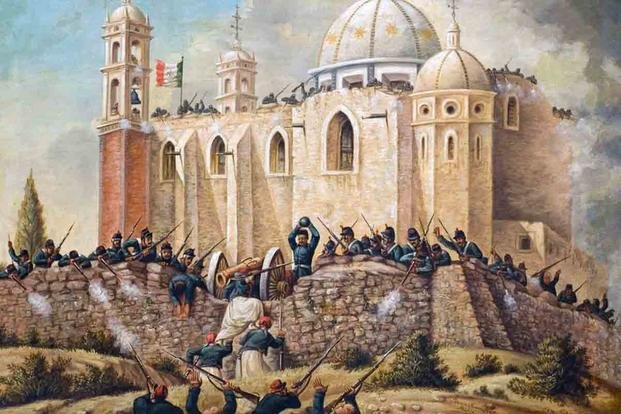Understanding Cinco de Mayo: Unraveling the Significance and Origins Linked to the Historic 1862 Battle

Cinco de Mayo holds a deeper meaning beyond mere revelry and libations—it stands as a testament to Mexico’s rich heritage and resilience.
Observed annually on May 5, Cinco de Mayo commemorates Mexico’s victory over the Second French Empire, led by Napoleon III, at the Battle of Puebla in 1862. While it has gained more traction in the United States, particularly among people of Mexican American descent, its roots are deeply ingrained in Mexican history and culture.
The name “Cinco de Mayo” simply translates to the fifth of May, and this year, it falls on Sunday, May 5th.
Across the United States, cities mark the occasion with vibrant parades, cultural festivals, music performances, and more, from Los Angeles to Chicago, showcasing the diversity and vibrancy of Mexican heritage. Notably, restaurants and brands also join in, offering special food and drink deals throughout the weekend.
Origins of Cinco de Mayo: Tracing Back to the 1862 Battle
While Mexican Independence Day, celebrated on September 16th, 1810, marks the country’s liberation from Spanish rule, Cinco de Mayo emerged over 50 years later during a tumultuous period when French Emperor Napoleon III sought to assert dominance over Mexico.
On May 5th, 1862, in the town of Puebla, Mexican forces, led by President Benito Juárez, faced off against a much larger French army. Against the odds, the Mexican troops emerged victorious, leading Juárez to declare May 5th a national holiday.
Interestingly, the battle also had implications for the American Civil War, as the French defeat prevented them from potentially aiding the Confederacy.
Dispelling Misconceptions: Understanding the True Significance
Despite its historical importance, many Americans associate Cinco de Mayo primarily with parties and alcoholic beverages, often overlooking its deeper significance.
Chicanx historian Mario García underscores the need to move beyond the surface celebrations, urging for events that highlight the historical context and significance of the holiday.
Part of the confusion arises from the holiday’s catchier name, which resonates more easily with English speakers compared to Mexico’s Independence Day. However, efforts to educate and raise awareness about its historical roots can help bridge this gap.
The popularity of Cinco de Mayo in the U.S. stems from its association with Mexican American culture, particularly during the Chicano Movement of the 1960s and 1970s. Over time, it has evolved into a celebration of resilience and cultural pride.
Looking Ahead: Cinco de Mayo Events and Deals
As Cinco de Mayo approaches, communities across the U.S. gear up for a myriad of festivities:
- San Diego, Denver, St. Paul, San Antonio, Chicago, and Los Angeles host a variety of events, including parades, music performances, and cultural showcases.
- Several restaurants offer special deals and promotions, from discounted drinks to themed menus, allowing patrons to indulge in festive fare.
Amidst the celebrations, it’s essential to appreciate the historical significance of Cinco de Mayo, honoring the resilience and heritage of the Mexican people.




